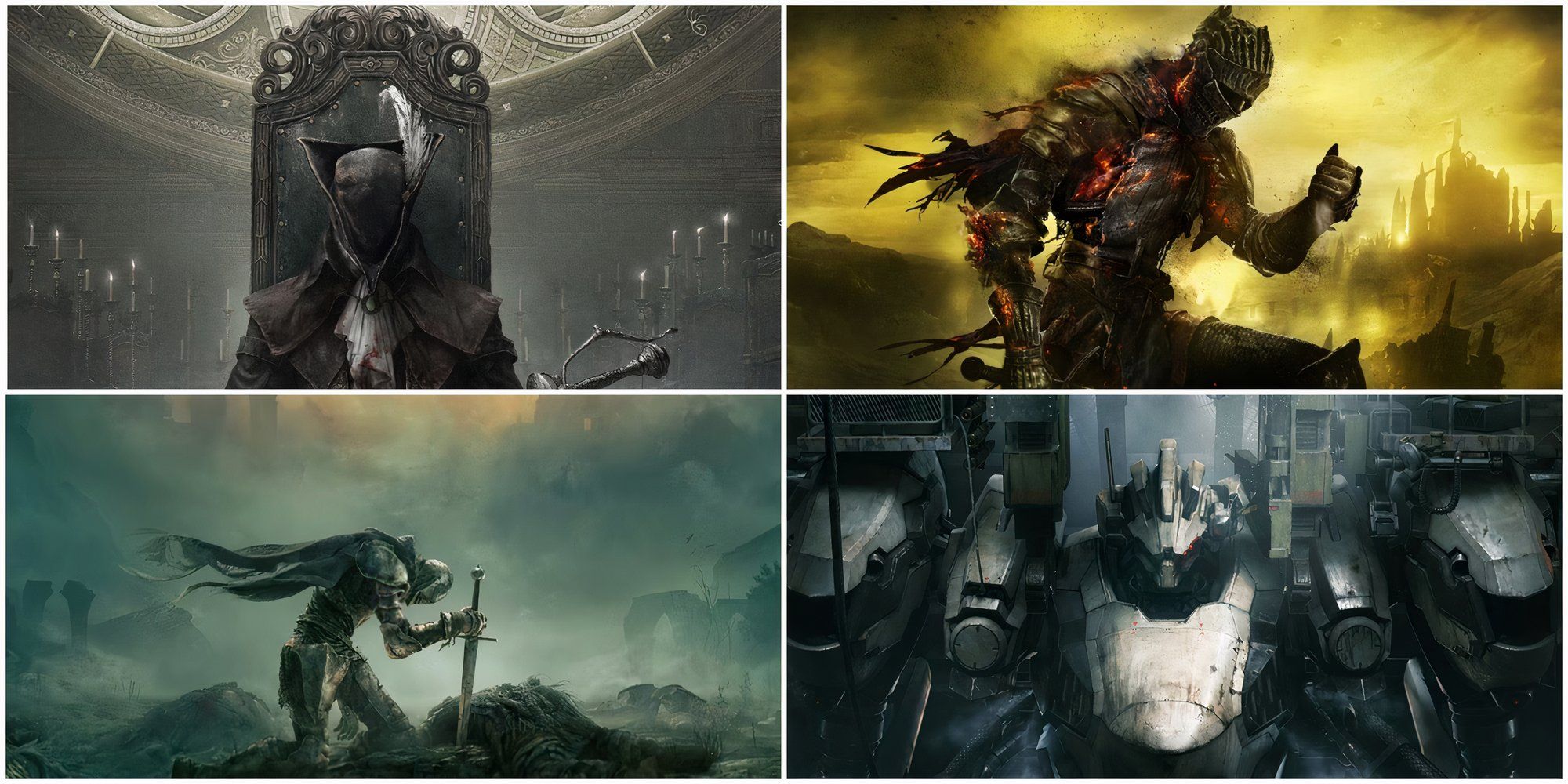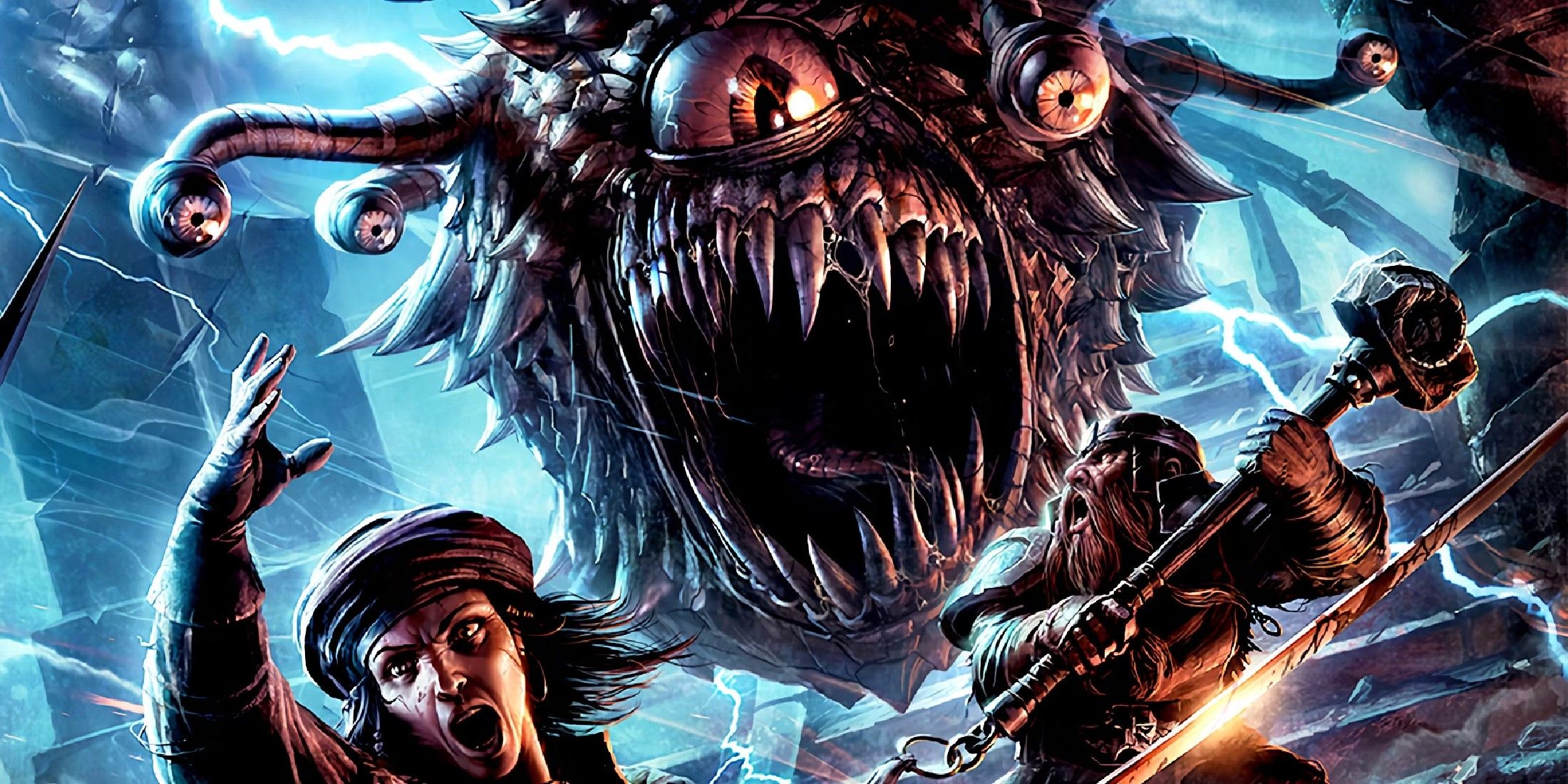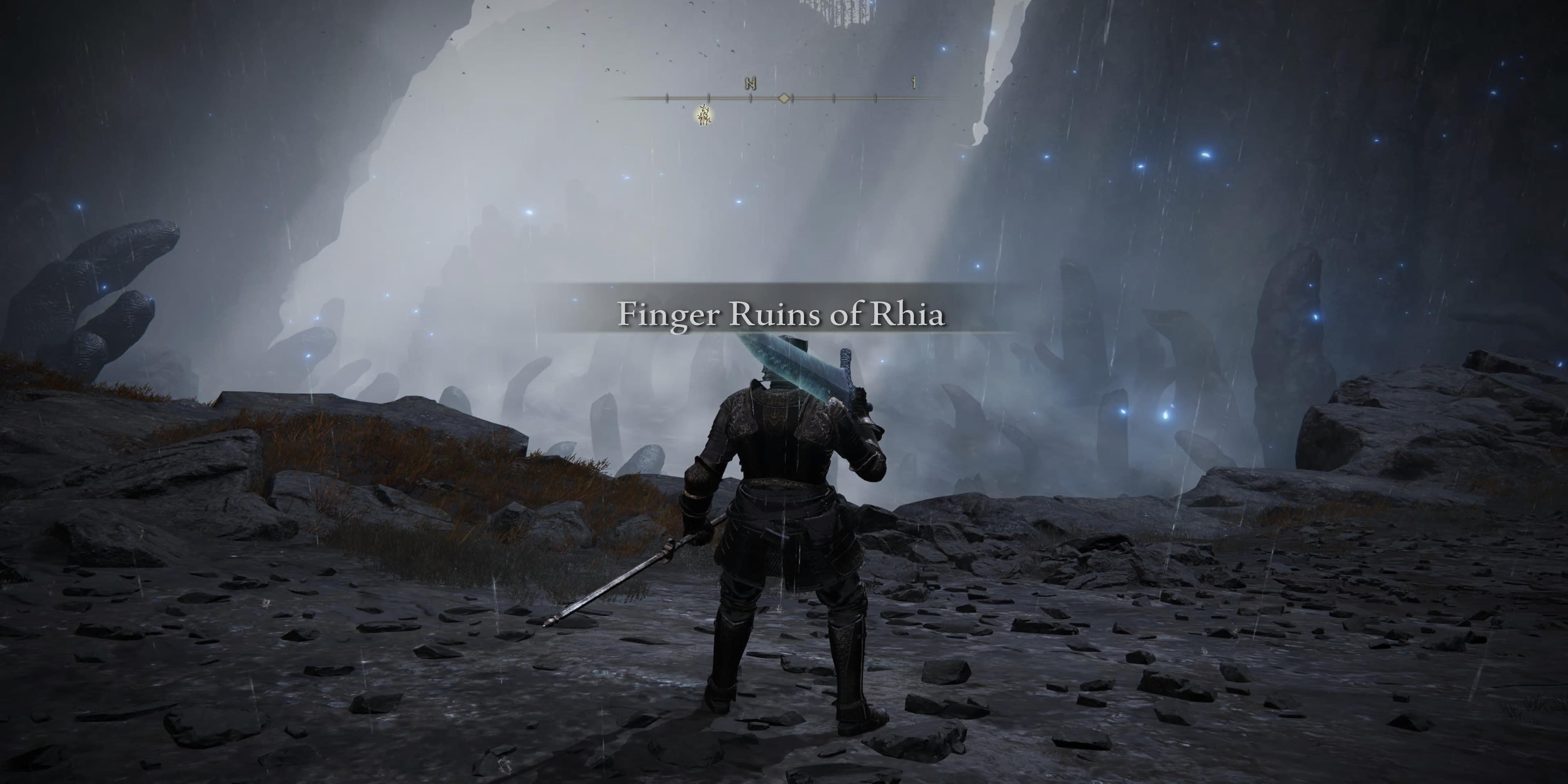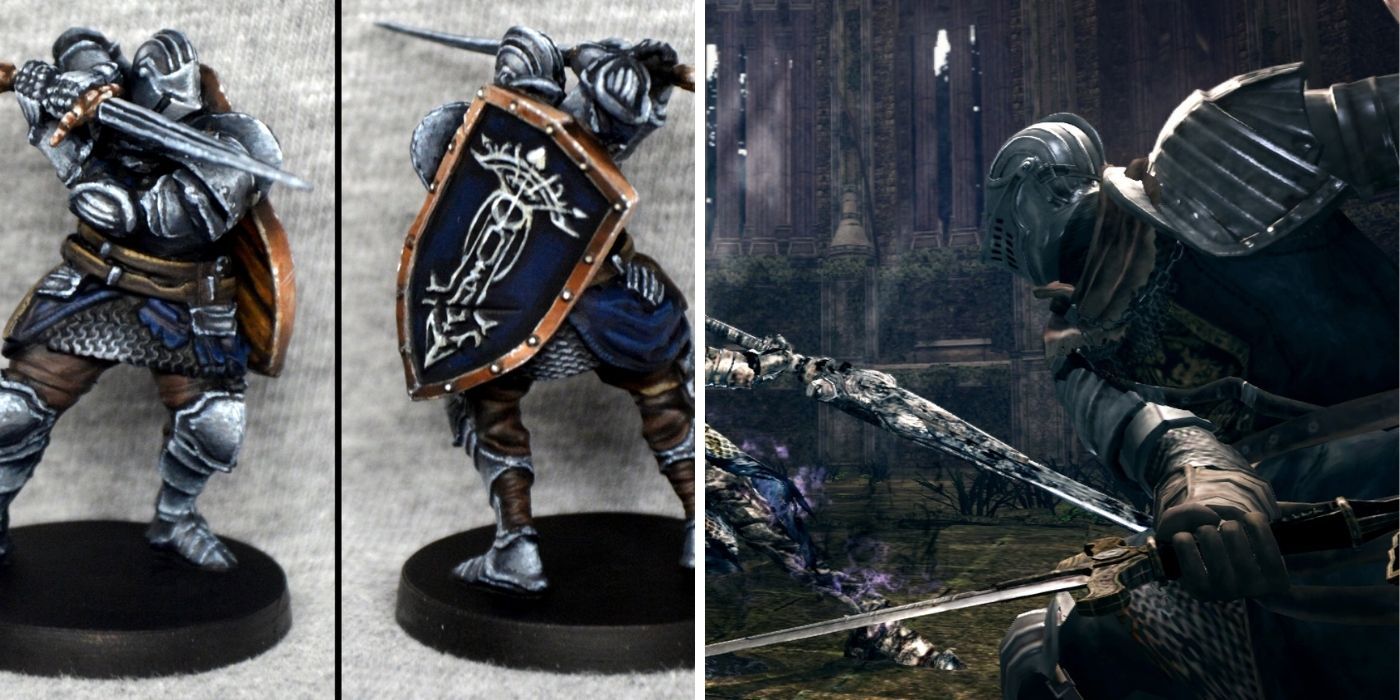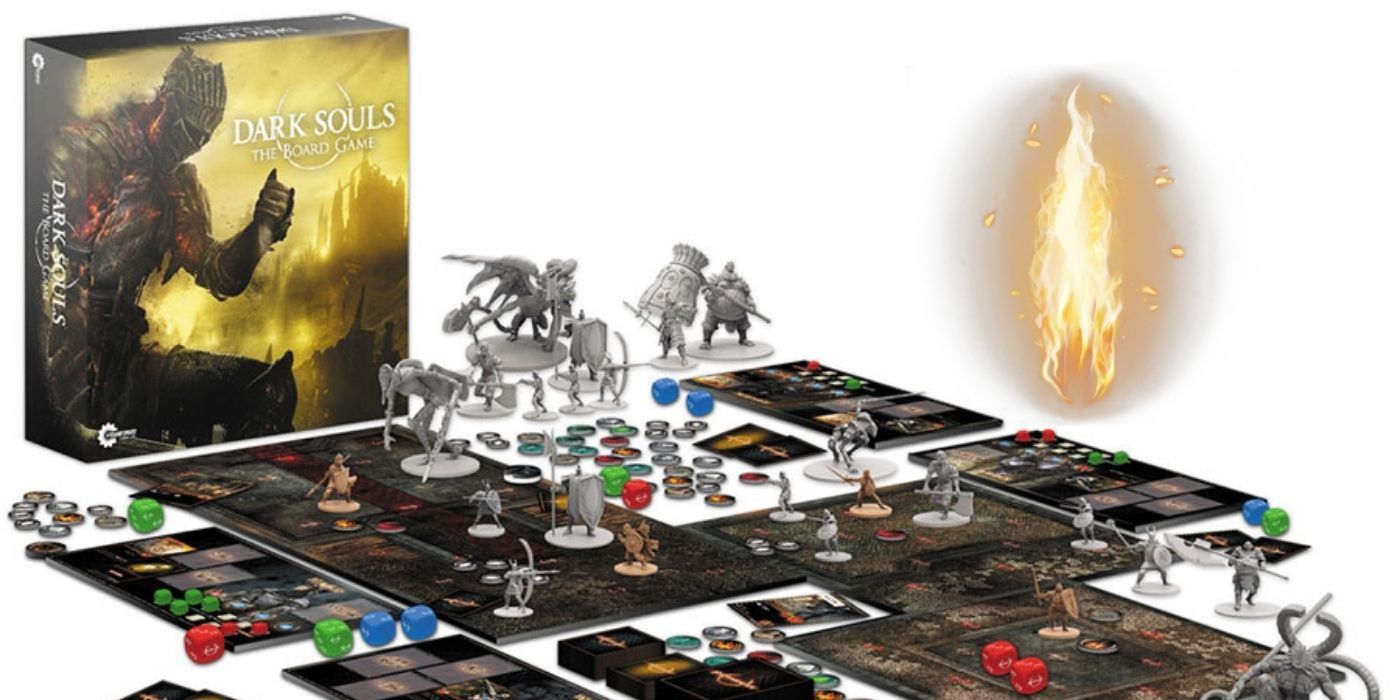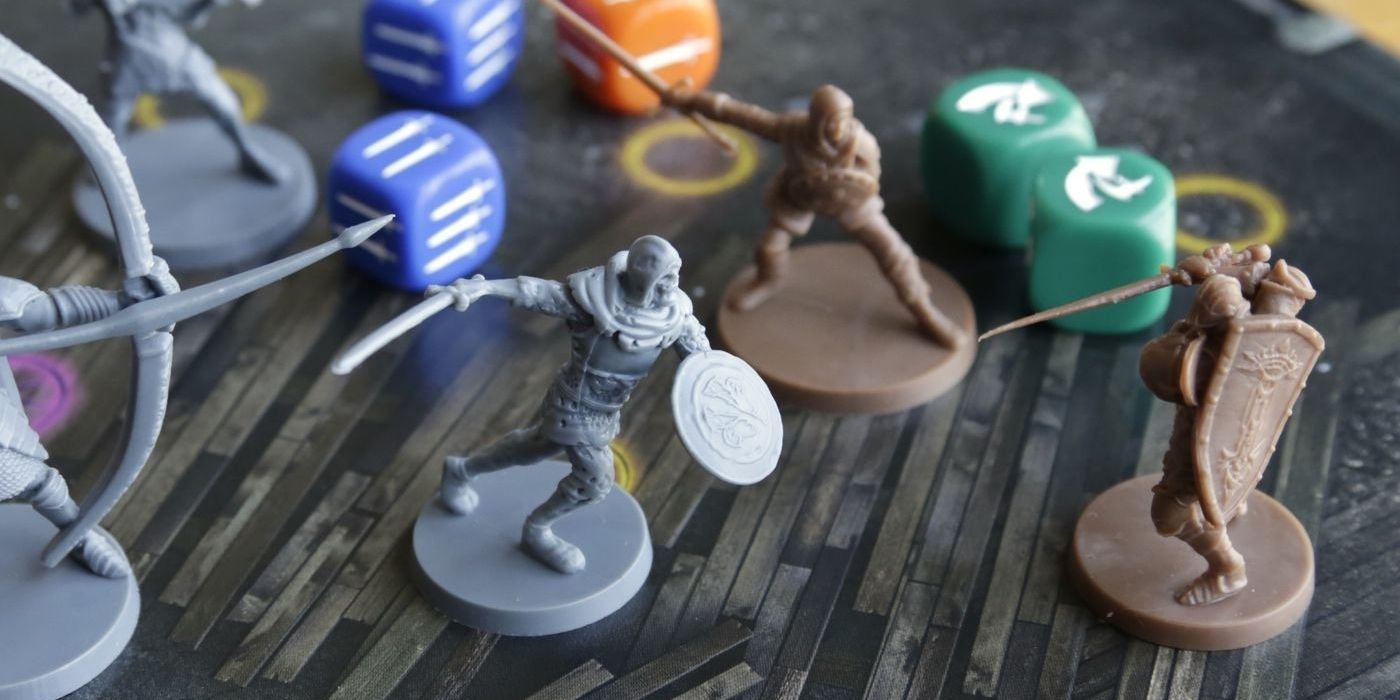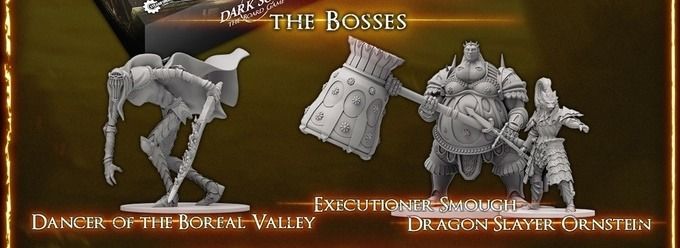Playing through Dark Souls, it would be difficult to imagine it as a board game, but somehow Steamforged Games did just that. Dark Souls: The Board Game is incredibly popular, and not without good reason. When the project started on Kickstarter, backers raised almost $5 million to see the game made, and Steamforged Games has put that money to good use with tons of expansions adding new characters, enemies, bosses, mechanics, and more. To reach this level of popularity and garner this much support, it was vital that the game resembled Dark Souls closely, but still functioned well as a tabletop board game. In order to accomplish this, Steamforged Games pulled out all the stops with some unique mechanics.
Dark Souls is known first and foremost for its difficulty, but hardcore fans of the franchise see it as so much more than that. Underneath the difficulty is a complex game with nearly endless possibilities for character builds, deep lore, and a compelling, albeit somewhat hidden, narrative. Steamforged Games must have been acutely aware of this as well, as Dark Souls: The Board Game is able to adapt many of these concepts with surprising success. Finally, since it's a board game and its rules aren't hard coded into the box, players have even made adjustments to improve it further.
Putting the Souls in Dark Souls: The Board Game
As the name implies, souls are a vital resource in all Souls games, and that remains true in Dark Souls: The Board Game. In most tabletop experiences like this, the player's character won't change drastically from when they start, but that isn't true here. As players progress through areas and complete encounters, they will earn souls that they can use to upgrade their character, buy equipment, and replenish certain resources.
But just like in the video game, souls are a transient blessing, and they can easily be lost. If the party dies in a room, all the souls that they haven't yet spent are left in that room. In order to retrieve them, players have to make it back to that room and collect them, but if they die before that, the souls are lost. While this may seem like it wouldn't work in a board game setting, the players' strategies will be different every time depending on what items they've gained since the last time they went through these areas. There's nothing worse than losing all souls, and this dread is equal in both formats.
Dark Souls: The Board Game - Luck is More Than a Stat
In the video game versions of Dark Souls, players can invest in their character's luck stat to gain a variety of benefits. What exactly this stat does is different depending on which Souls game is being played, but it typically affects the item drop rate of enemies and sometimes certain status effects. Unlike the original, there's a lot more left up to luck in Dark Souls: The Board Game, but this doesn't hurt its prospects in the way one might expect thanks to the way Steamforged Games allows players to manipulate the odds.
In Dark Souls, the only thing that is truly random is item drop rates, and as previously mentioned even these can be manipulated to a degree. In the board game incarnation, every single attack, block, and dodge is in part up to the dice, and even most of the gear players find will be randomly drawn from the treasure deck. Strategic players can offset this handicap by paying close attention to enemy behaviors and choosing the best gear options available to them. At the start, hollow soldiers might pose a threat, but get equip the right combination of armor and weapons and they'll soon be a cakewalk.
Dark Souls' Iconic Bosses in Board Game Form
Aside from coming with some phenomenal mini figures of iconic Dark Souls bosses, the game creates stunning AI for them as well, allowing players to visualize the fight as though it were rendered in the game engine. The Gargoyle boss, for example, might use his signature lightning breath before whipping the players with his tail and then hopping backwards. Players have to choose whether to block or evade these attacks, and must memorize this pattern if they are to succeed in the fight.
This is accomplished by randomly creating a behavior deck for each boss that remains static throughout most of the encounter. Survive long enough against a boss and players should be able to start recognizing patterns in its movements and attacks. This part actually does require a good bit of skill, as some bosses have long attack chains that can be difficult to memorize in the heat of battle. Get one of these fearsome enemies below a certain health threshhold and they enter their second phase, often striking fear into players in the same way Iudex Gundyr did to new players during the tutorial of Dark Souls 3.
Dark Souls: The Board Game is Different Where it Matters
Naturally, this won't feel identical to playing the Dark Souls video game, but players that want that experience don't need a board game to get it. There are some key differences between the board game and the video game that are vital in making sure the board game is a positive experience for players. One example of this is classes, as they can drastically affect a player's experience in Dark Souls: The Board Game. By contrast, the best starting class in a Souls game is often an inconsequential choice unless players are wanting to min-max their stats.
The biggest difference here is the way rules are enforced, though. Without hacking or using Dark Souls mods, players are forced to play by whatever rules From Software sets for the Dark Souls video game series, but that's not how board games work. Though Steamforged Games did a great job creating a ruleset that adapts the game's most iconic mechanics, there are some areas that could certainly use improvement. Dedicated fans wasted no time creating homebrew rule modifications that can help tailor the board game experience to each player's preference, creating a better experience all around.
Dark Souls: The Board Game is available now.

